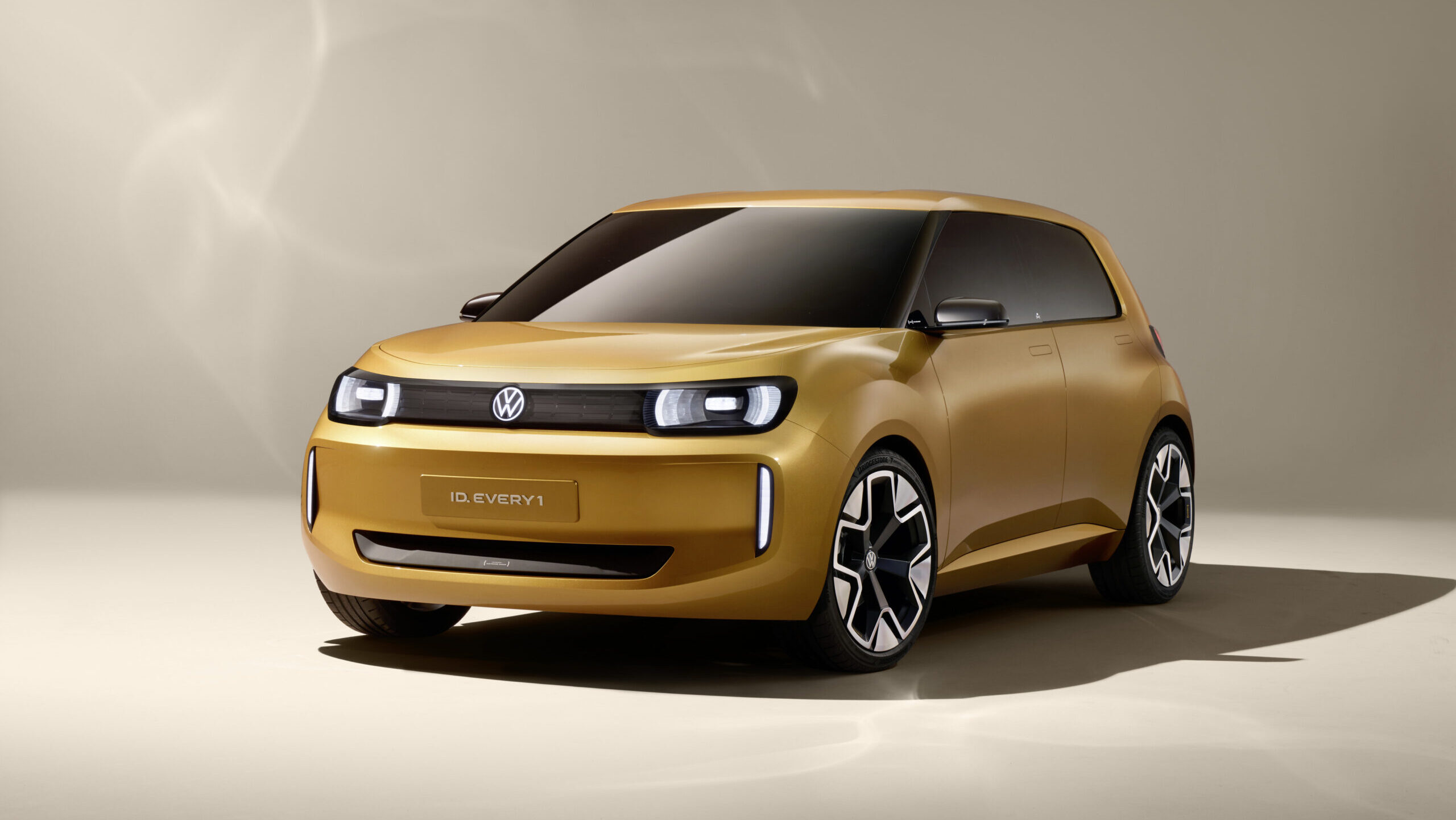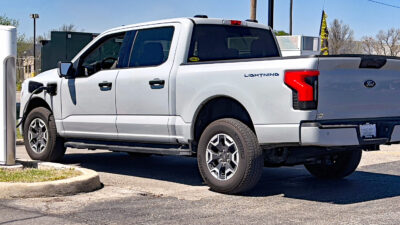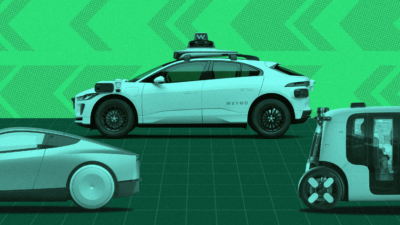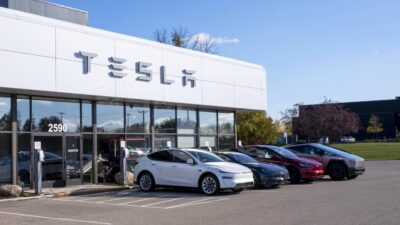VW’s Super Cheap EV Trades ‘Willkommen’ for ‘Boas-vindas’ — Plus a €30M Incentive
VW’s finance chief Arno Antlitz warned last September that the company had “a year, maybe two years, to turn things around.”

Sign up for smart news, insights, and analysis on the biggest financial stories of the day.
The weather is warmer, the sun stays up longer, labor costs are much lower, and there’s a finance minister waving a €30 million ($34.8 million) check around.
Germany’s Volkswagen confirmed this week that it will manufacture its ultra-cheap ID.1 electric car — planned to retail at €20,000 ($23,000) when it debuts in 2027 — at its Portuguese factory about 25 miles outside of the capital, Lisbon. It forms part of an aggressive strategy to overcome what executives have cast as an existential challenge for VW. Plus, the beaches are nicer.
The Best Defense is a Model Offensive
VW is mired in a sales and cost crisis so dire that, last September, its finance chief, Arno Antlitz, warned the company had “a year, maybe two years, to turn things around.” To keep the engine running and offset plummeting profits, executives plan to cut a staggering 35,000 jobs and find €15 billion ($17.4 billion) in savings by 2030. Sales struggles in North America, where uptake of its EVs has been limited, and in China, where local competitors like BYD and XPeng have done a better job of capturing consumers’ pivot to electric cars, are among the biggest concerns.
The ID.1 forms a crucial part of a strategy to go toe-to-toe with rivals at home and abroad with small, affordable cars. That strategy will begin in earnest next month with the planned debut of VW ID.2all, a €25,000 ($29,000) hatchback that will serve as the first in a line of next-gen EVs. Commencing in 2026, that line will form part of what CEO Oliver Blume, in a speech earlier this year, described as a “model offensive,” with over two dozen new EVs launched by 2030. The ID.1, with its €20,000 price tag, will be the most affordable of the offensive line, with the hope that it can add momentum to some recent wins:
- VW’s overall group sales rose 1.2% in the second quarter, with EVs being the primary driver: global EV deliveries rose 38% and, in Europe, they climbed nearly 73%. EV sales in China, however, dipped 32.6%, a reminder of the urgency of VW’s struggles in the world’s biggest car market.
- It’s been fairly obvious to industry observers that the ID.1 was unlikely to be made in Germany, where higher production costs would mean a higher price tag. So it was little surprise when VW signed a letter of intent earlier this week to produce the vehicle at its Palmela plant. In return, Portuguese Economy Minister Manuel Castro Almeida pledged €30 million in government support, or 11% of the €270 million ($313 million) that VW is investing in the facility.
Down, Not Out: With its rapid growth in Europe, VW replaced Tesla in the first half of 2025 as the top-selling EV brand on the continent. However, Tesla’s Model Y remained the most popular single model, according to data from Jato Dynamics. Tesla, meanwhile, is developing a smaller, cheaper version of the Model Y for a 2026 launch in China, with the goal of expanding production capacity to Europe. That could mean a sub-€30,000 Tesla on the market and possibly the wrong kind of shock for VW’s offensive.











